|
|
Post by Bonobo on Oct 6, 2018 23:50:30 GMT 1
Local elections 2018 Polish councils, municipalities, counties and generally local administration in Poland do a good job and are a good example to follow by neighbouring countries where administration has still been too centralised. Read about it on a Ukrainian site voxukraine.org/en/37/
Poland demonstrates a successful case of transition from a centralized communist state to a decentralized local government system. The transition in Poland was made possible through persistent negotiations, trials and legislative amendments regarding various aspects including administrative division, responsibilities, and financing. This experience is highly informative for Ukraine in building a democratic country based on the principles of decentralization. In fact, the survival of Ukraine as a unitary country depends on delegation of power to local governments.or here en.wikipedia.org/wiki/Administrative_divisions_of_PolandElections take place every 4 years. Let`s have a look. Well, nothing unusual: posters, banners, conventions, meetings, working the crowds, handshaking, visits, slogans, promises, smiles etc etc. Also rivalry between candidates- verbal attacks, political vandalism, accusations, legal steps, Internet trolling. Also funny moments. Solemn formality mingles with humorous attitude. Full chaos but still democratic.  Campaign photos 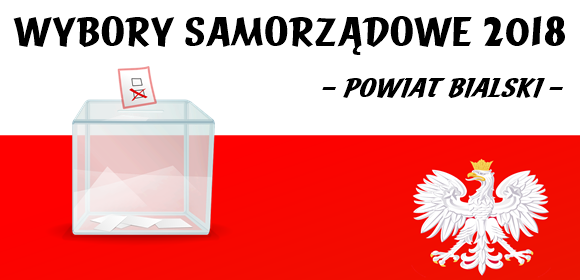              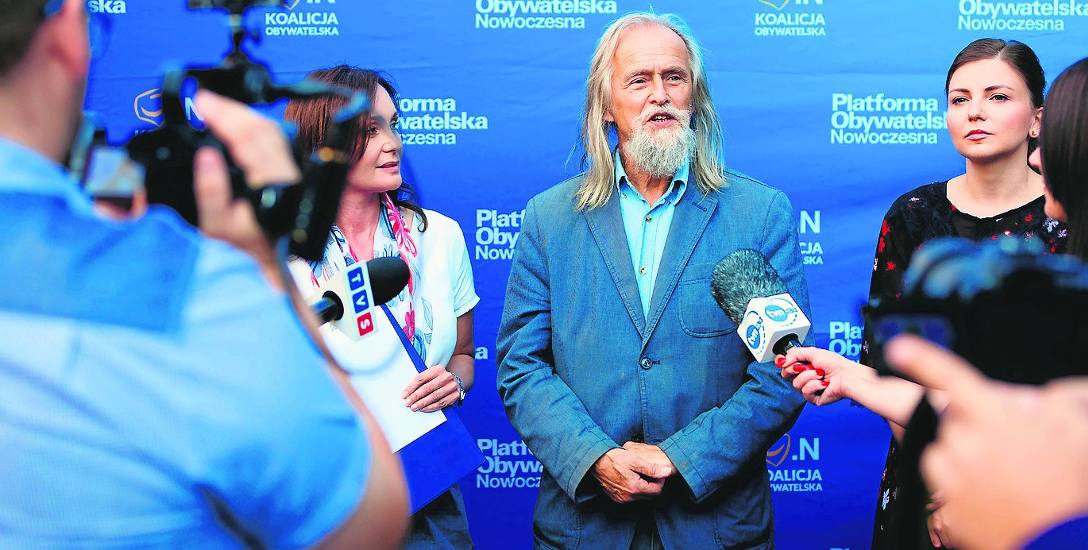        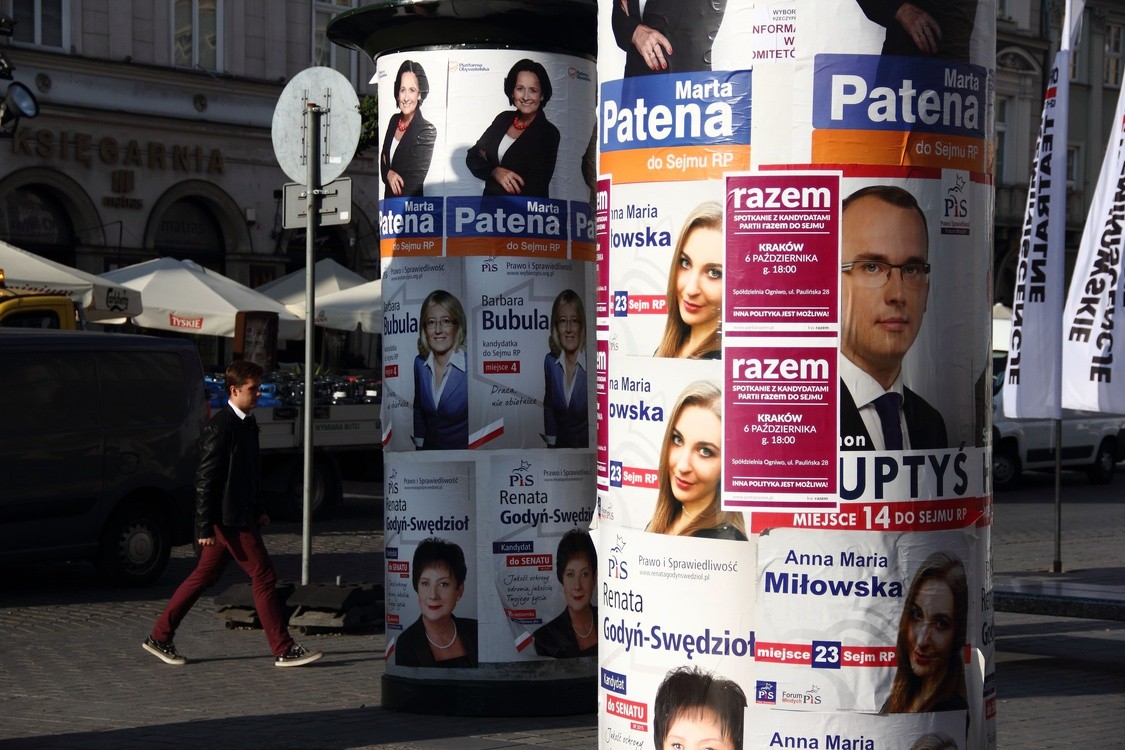      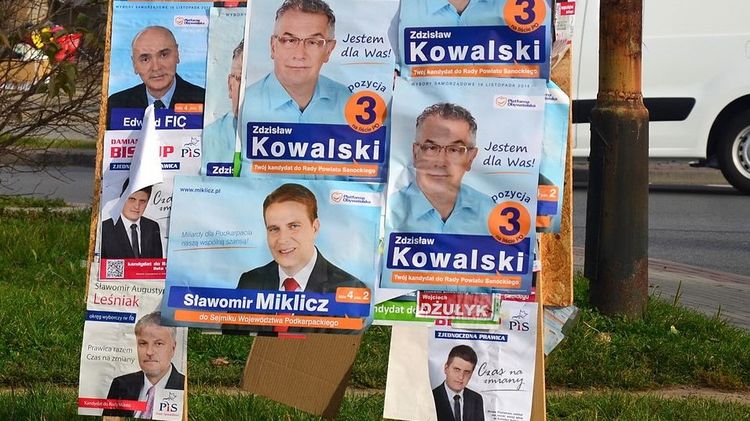  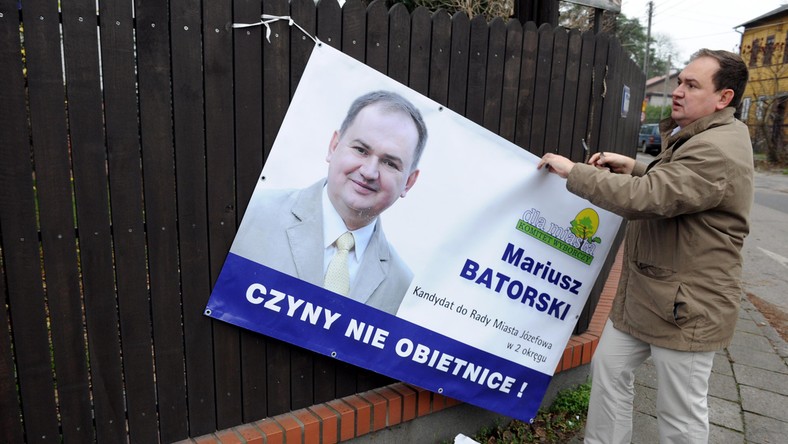 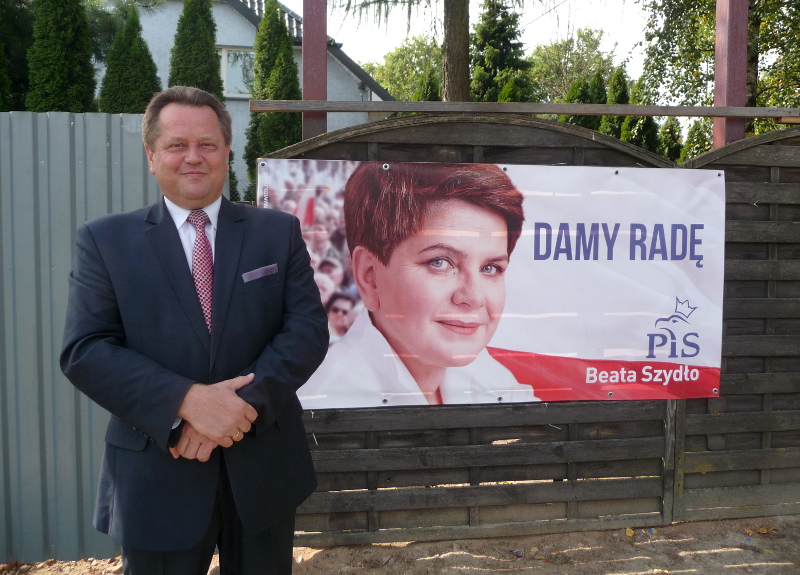      |
|
|
|
Post by Bonobo on Oct 8, 2018 23:03:25 GMT 1
|
|
|
|
Post by Bonobo on Oct 18, 2018 20:38:58 GMT 1
|
|
|
|
Post by Bonobo on Oct 20, 2018 22:42:11 GMT 1
Election silence is called from Friday midnight till 9 pm Sunday during Polish elections. All campaign activities must be halted, legal steps are taken against transgressors.
|
|
|
|
Post by Bonobo on Oct 21, 2018 17:21:36 GMT 1
|
|
|
|
Post by Bonobo on Oct 23, 2018 21:34:21 GMT 1
|
|
|
|
Post by Bonobo on Oct 23, 2018 21:50:07 GMT 1
What is to be gained at local elections? 30 million voters choose: Mayors and presidents of villages, towns and cities  Members of councils in villages, towns and cities and the areas around them.  Members of regional parliaments responsible for the whole province 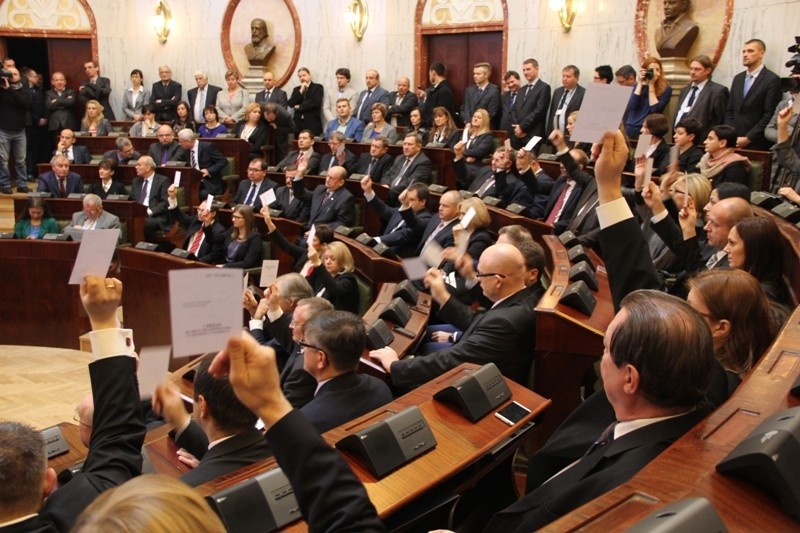 |
|
|
|
Post by Bonobo on Oct 28, 2018 10:48:06 GMT 1
In some parts of Poland, which are less conservative, it is possible for non native Polish residents to win elections. This is a Syrian Kurdish man with Polish citizenship - Shivan Fate, elected to a local council.  |
|
|
|
Post by Bonobo on Oct 28, 2018 12:46:29 GMT 1
|
|
|
|
Post by Bonobo on Oct 28, 2018 14:47:28 GMT 1
|
|
|
|
Post by Bonobo on Nov 11, 2018 0:20:02 GMT 1
|
|
|
|
Post by Bonobo on Dec 2, 2018 22:40:50 GMT 1
|
|
|
|
Post by Bonobo on Dec 16, 2018 21:21:10 GMT 1
So far municipal district elections have been combined with mayor and local parliament ones. This year it was different. So, we went to third elections. District councils deal with such local matters as car parks, sidewalks, playgrounds, street lighting, new traffic lights and crossings etc. They mostly suggest what should be done but also have their own budget for small scale improvements. The turnout is the lowest of all - about 10 - 15% voters are interested. 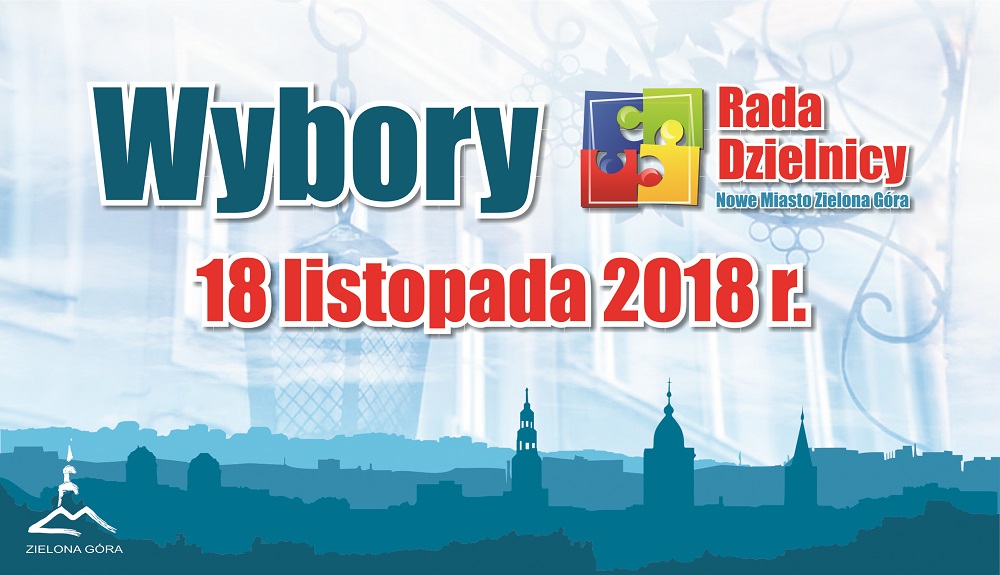    In Krakow there are officially 14 districts, although historical ones amount to about 7. 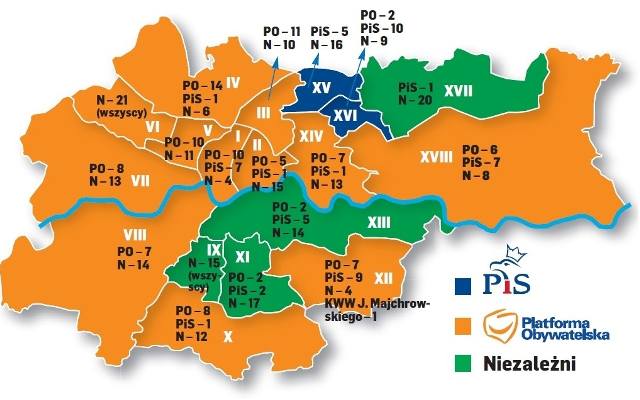 |
|
|
|
Post by Bonobo on Dec 21, 2018 8:35:31 GMT 1
All elections except presidential use this system to count votes into seats. en.wikipedia.org/wiki/D%27Hondt_methodIt favours big parties, that is why PiS which got 38% support in 2015 was able to gain the majority in the Parliament.
The D'Hondt method or the Jefferson method is a highest averages method for allocating seats, and is thus a type of party-list proportional representation. The method described is named in the United States after Thomas Jefferson, who introduced the method for proportional allocation of seats in the United States House of Representatives in 1791, and in Europe after Belgian mathematician Victor D'Hondt, who described it in 1878 for proportional allocation of parliamentary seats to the parties. There are two forms: closed list (a party selects the order of election of their candidates) and an open list (voters' choices determine the order).
Proportional representation systems aim to allocate seats to parties approximately in proportion to the number of votes received. For example, if a party wins one-third of the votes then it should gain about one-third of the seats. In general, exact proportionality is not possible because these divisions produce fractional numbers of seats. As a result, several methods, of which the D'Hondt method is one, have been devised which ensure that the parties' seat allocations, which are of whole numbers, are as proportional as possible.[1] In comparison, Sainte-Laguë method, a divisor method, reduces the reward to large parties, and it generally has benefited middle-size parties at the expense of both large and small parties.[2] Meanwhile, empirical studies show that the D’Hondt method is one of the least proportional among the proportional representation methods. The D'Hondt slightly favours large parties and coalitions over scattered small parties.[3][4][5][6] The axiomatic properties of the D’Hondt method were studied and they proved that the D’Hondt method is the unique consistent, monotone, stable, and balanced method that encourages coalitions.[7][8] A method is consistent if it treats parties which received tied vote equally. By monotonicity, the number of seats provided to any state or party will not decrease if the house size increases. A method is stable if two merged parties would neither gain nor lose more than one seat. By coalition encouragement of the D’Hondt method, any alliance cannot lose the seat.
Legislatures using this system include those of Albania, Angola, Argentina, Armenia, Aruba, Austria, Belgium, Bolivia, Brazil, Bulgaria, Burundi, Cambodia, Cape Verde, Chile, Colombia, Croatia, the Czech Republic, Denmark, the Dominican Republic, East Timor, Ecuador, El Salvador, Estonia, Fiji, Finland, Guatemala, Hungary, Iceland, Israel, Japan, Kosovo, Luxembourg, Macedonia, Moldova, Monaco, Montenegro, Mozambique, Netherlands, Nicaragua, Northern Ireland, Paraguay, Peru, Poland, Portugal, Romania, San Marino, Scotland, Serbia, Slovenia, Spain, Switzerland, Turkey, Uruguay, Venezuela and Wales.
The system has also been used for the "top-up" seats in the London Assembly; in some countries for elections to the European Parliament; and during the 1997 Constitution era to allocate party-list parliamentary seats in Thailand.[9] A modified form was used for elections in the Australian Capital Territory Legislative Assembly, but this was abandoned in favour of the Hare-Clark system. The system is also used in practice for the allocation between political groups of a large number of posts (Vice Presidents, committee chairmen and vice-chairmen, delegation chairmen and vice-chairmen) in the European Parliament and for the allocation of ministers in the Northern Ireland Assembly. |
|
|
|
Post by Bonobo on Jan 7, 2019 23:56:25 GMT 1
Sometimes local administration goes bad. A newly elected mayor of a small town decided to demand a bribe from a local businessman - 30K$. Now he faces 8 years. 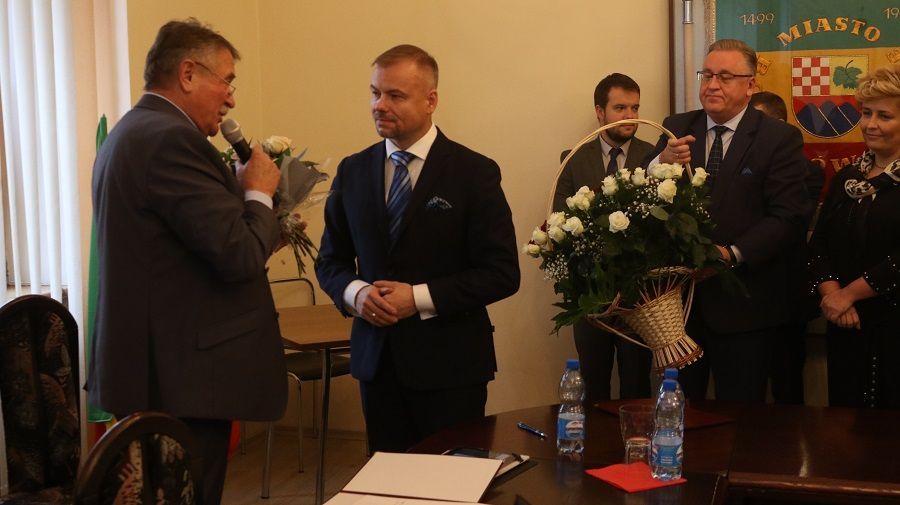  wiadomosci.gazeta.pl/wiadomosci/7 wiadomosci.gazeta.pl/wiadomosci/7,114884,24304606,burmistrz-boguszowa-gorc-wzial-lapowke-po-ponad-miesiacu-rzadzenia.html |
|
|
|
Post by Bonobo on Jun 28, 2020 19:59:53 GMT 1
|
|
|
|
Post by jeanne on Jul 28, 2020 21:03:32 GMT 1
In my state of Massachusetts, for state elections we can do mail in ballots to avoid crowds at the polls. I'm not sure what is going to happen with the federal election in November...
|
|
|
|
Post by Bonobo on Jul 30, 2020 17:50:44 GMT 1
Mail like by regular post or email??? haha
So here it was also possible during the last elections but you had to register for the service a few days before.
|
|
|
|
Post by jeanne on Jul 30, 2020 23:14:23 GMT 1
Mail like by regular post or email??? haha So here it was also possible during the last elections but you had to register for the service a few days before. I had to request by phone or email an application to vote by mail. The application came to me via the postal service, then I had to return the application to the officials (I dropped it in a slot at the Town Hall that is there for that purpose; the Town Hall is closed to the public for now)...then they mailed me the ballot.
This all happened for the town election back in June, but the process will be the same for the State election. As I mentioned, I'm not sure how the federal election will be handled. At one point Trump was against mail-in ballots...I think he was afraid of fraud, etc.
This has to be done more than just a few days before the election to allow for delays in mail service, etc.
|
|
|
|
Post by Bonobo on Aug 29, 2020 20:59:13 GMT 1
At one point Trump was against mail-in ballots...I think he was afraid of fraud, etc. [/div] ][/quote] If I were you, I would fear the situation that Trump might fix the results. hahaha |
|
|
|
Post by jeanne on Sept 13, 2020 19:43:47 GMT 1
At one point Trump was against mail-in ballots...I think he was afraid of fraud, etc. If I were you, I would fear the situation that Trump might fix the results. hahaha The update is that we can choose to vote by mail in the November presidential election. When I received the application from the town to vote in the state election earlier this month, there was a box to check if I wanted to vote by mail in all 2020 elections, so I'm choosing to. I liked voting by mail, because I got to do serious research on all the candidates before voting. Sometimes, I get lazy and don't research all the names that will be on a ballot, and when I walk into the polling site to vote, I don't know anyone except those in the most prominent races. Trump is unpredictable and anything is possible! But, as usual, the leftist press is looking for trouble to stir up to cause controversy regarding Trump. I try not to pay too much attention to such petty stuff... Have I said before I dislike politics...oh yeah, I've only said it about 100 times.  |
|